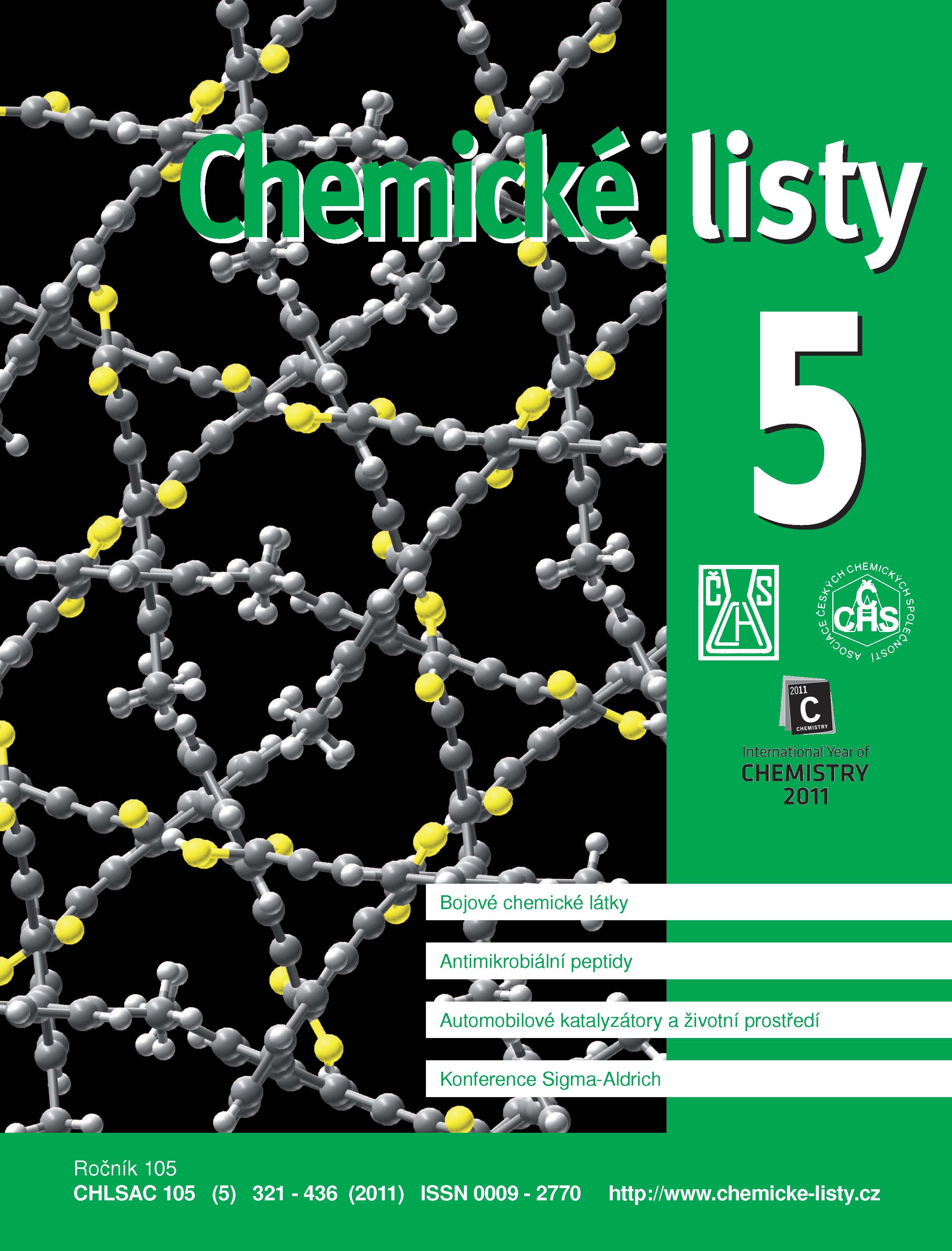Platinum Group Elements from Automobile Catalysts in the Environment
Keywords:
platinum metals, automotive catalysts, emissions, health risksAbstract
This review deals with the environmental burden caused by Pt group metal emissions from automobile catalytic converters, and related health hazards. Catalytic converters in automobiles reduce the production of gaseous pollutants on one hand and are the source of Pt group metal emissions on the other. Concentrations of Pt metals in the environment have significantly increased in recent decades, largely due to their use as catalysts. It has been generally assumed that the health hazard associated with environment exposures to Pt group metals are negligible due to their low concentrations and metallic nature of emitted particles. However, recent studies have shown relatively high solubilities of emitted Pt metals and the possibility of their transformations into soluble compounds which could have a negative effect on human health. Recent findings in and topicality of the Pt metal problems are reviewed.





